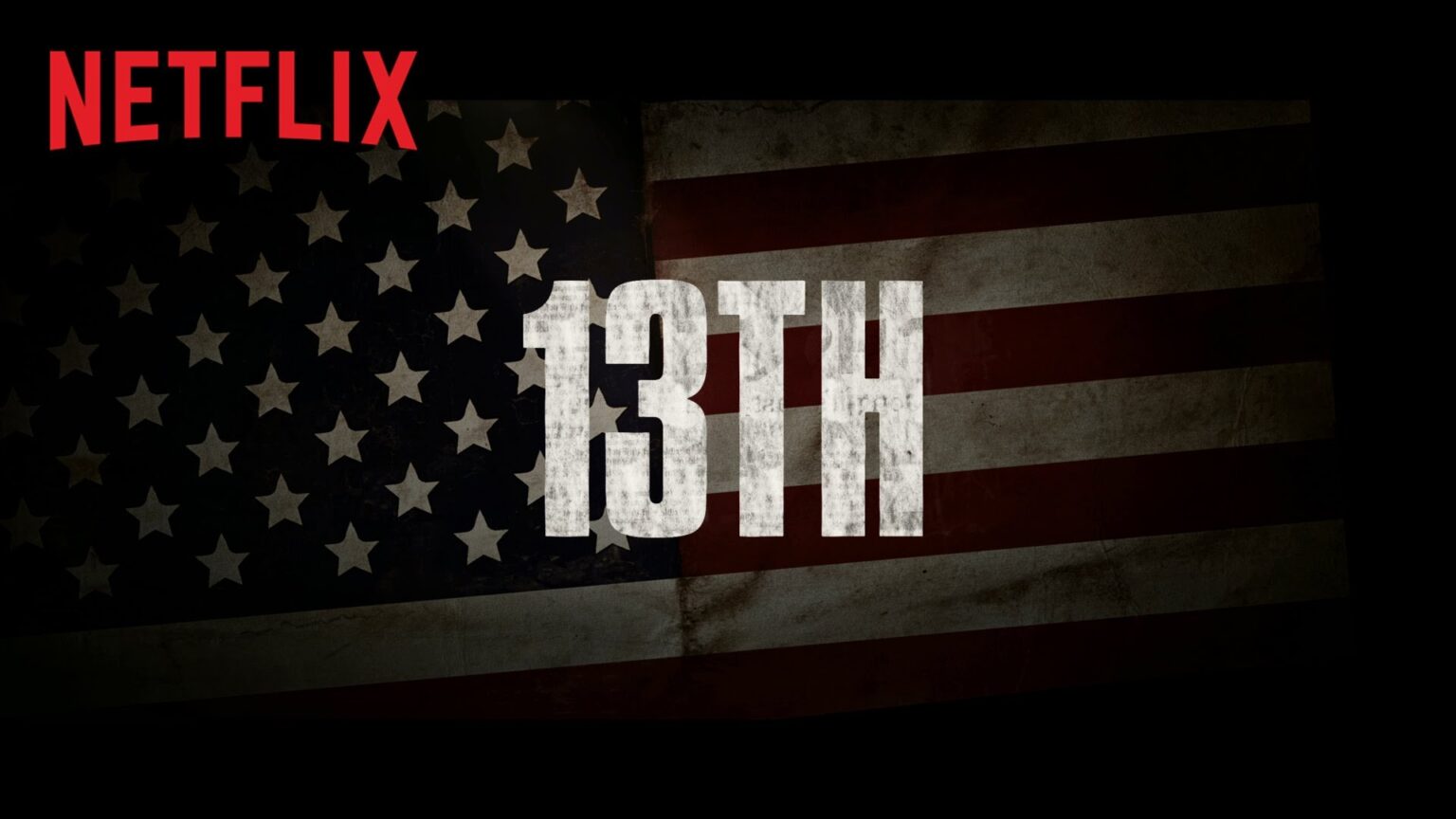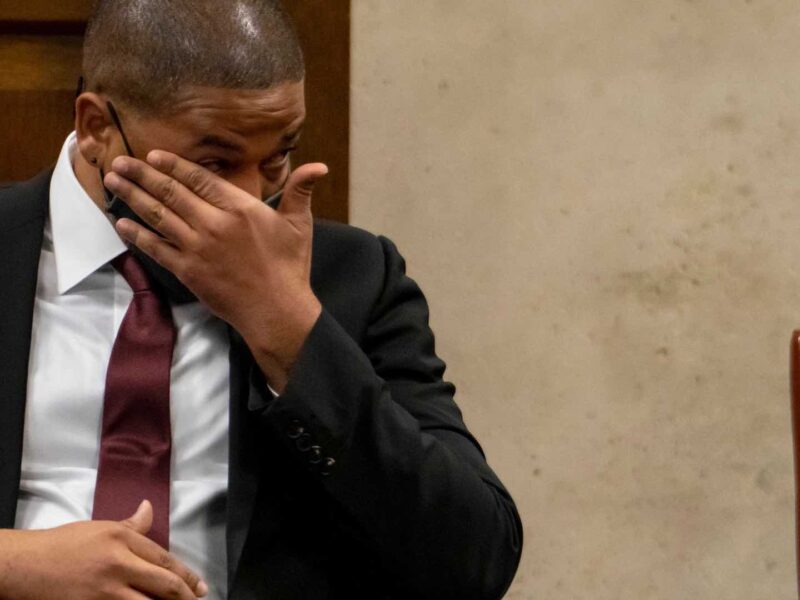
The movie ’13th’: Best documentaries about police brutality in America
Following the tragic death of George Floyd at the hands of the Minneapolis police, people both in the US and around the world are demanding that the racial inequality, police brutality, and other such crimes be addressed and stopped once and for all in America. It’s a long road to see that dream a reality, but people are sick and tired of seeing innocent people die and police brutality go unchecked.
During this time, where allies to the black community step back so they can share their truth and lead the fight, people are looking for ways to educate themselves on such matters. Documentaries are usually the best way to go about such things. From the power look at the modern slavery in 13th to looking at the militarization of police in Do Not Resist, here are some of the most powerful docs to educate yourself.

13th (2016)
Ava DuVernay uses her profile and voice to make sure to explore the complex and never-ending issues of police brutality and our broken justice system. In 13th, DuVernay crafts a wide-ranging documentary that focuses on systemic racism and how the recent focus on incarceration has changed the country. Interviewing scholars and historians, DuVernay tracks the progress of how, exactly, we got here.
13th is one of DuVernay’s projects with Netflix. Another excellent companion piece to the doc is the powerful When They See Us about the Central Park 5. Because there are many different biases and troubles within the criminal justice system of the US and 13th seeks to show it.

The Death and Life of Marsha P. Johnson (2017)
With the protests erupting around the country for Black Lives Matter, LGBTQ+ people are using Pride to relearn some of their history as well. Stonewall, after all, was a riot. More explicitly, however, Stonewall was a riot against police brutality in response to the NYPD raid of Stonewall Inn on June 29, 1969. At the center of it were black LGBTQ+ activists with transgender activist Marsha P. Johnson leading the fight.
Known as “the mayor of Christopher Street”, David France’s fascinating Netflix documentary in Johnson’s life shows that Stonewall was one facet of who Johnson was. Johnson herself died in mysterious circumstances. The police that let her case remain cold and unsolved, the ones she fought back against at the riot, seems quite content to let it remain that way.

Whose Streets? (2017)
Tragically, George Floyd is just the latest appalling death at the hands of the police that has lit a fuse and refocused a national movement. Back in 2014, there was the death of 18-year-old Michael Brown in Ferguson, MO that ignited the first big wave of Black Lives Matter protests across the nation.
Sabaah Folayan and Damon Davis took their cameras to Ferguson and got a ground-level account of the protests that rocked a nation. Folayan and Davis mix their footage with that of others, giving a sense of immediacy and urgency to this powerful documentary, which can be seen on Hulu.

Copwatch (2017)
If the police won’t get body cams in order to hold their officers accountable, then everyone with a smartphone certainly will. In Copwatch, the focus is on the advocacy group We Copwatch, which trains citizens in the laws and rights surrounding videotaping police activity. Director Camilla Hall follows founder Jacob Crawford from his home to the sites of deaths of Michael Brown, Eric Gardner, and Freddie Gray.
Hall places the focus on the day to day operations of Copwatch, allowing for a deep and intimate understanding of the subject. More importantly, it shows the power in citizen journalists and listening to the stories that they have to share.

Do Not Resist (2016)
The increasing militarization of the United States police force can definitely send a shiver down the spine of many people. Riot gear, tear gas, rubber bullets, tanks, these are just…some of what police forces across the country are working with. Do Not Resist shows how “peaceful protests”, well, can turn very bad with a police force armed with such weaponry.
Craig Atkinson seeks to inform just how we got here exactly. Starting with Ferguson protests, Atkinson traces this militarization of the police to the mind-boggling post-9/11 funds in local police forces. Rather than protect their communities, it looks like the police are preparing for a war with them instead.







